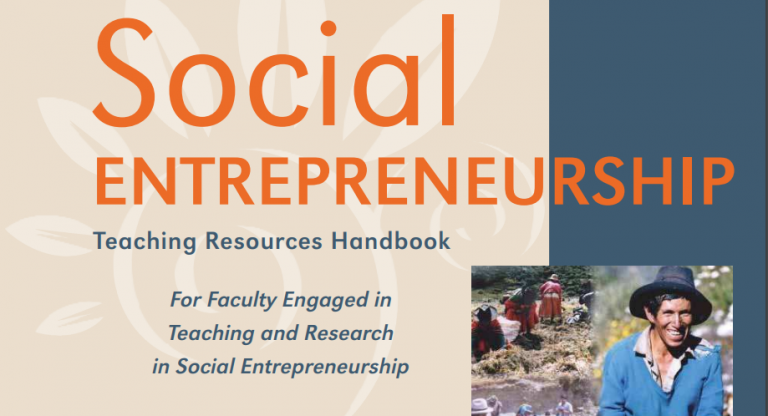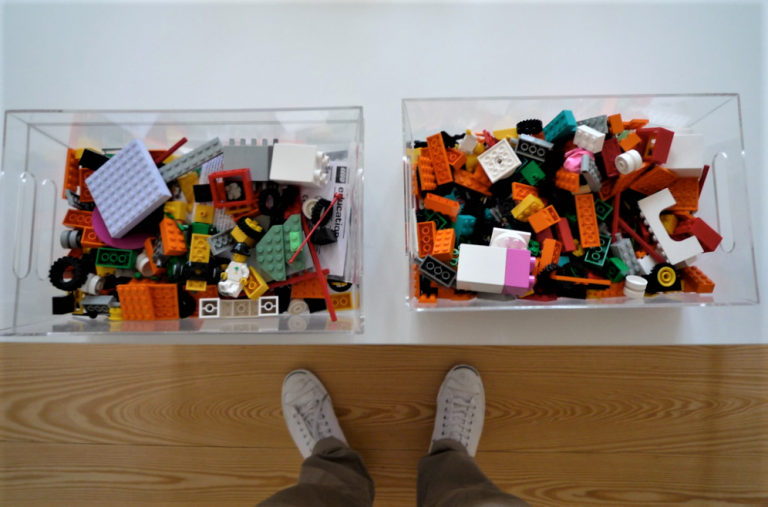In a Dutch Institute for Primary Teacher Education, a pilot study was undertaken on social entrepreneurship education (SEE). It was a part of the international project “UKids – Social Entrepreneurship Programme for Kids!”. As game designing appears to offer good opportunities for the enhancement of empathy and business-related skills, student teachers were instructed by the researchers to design games that stimulate social entrepreneurship of children aged 8-12, and especially aim at enhancing empathy. Enhancement of the empathy has been one of the aims of the pilot.
In this study, SEE is conceptualized as education that addresses: (a) engagement – empathy, compassion and care – as incentive for social entrepreneurship, (b) entrepreneurship – the process of recognizing opportunities, generating ideas, taking initiatives and creating value and (c) the interaction between both.
The Empathy Challenge was chosen as a starting point for group-wise game design together with students. The games had to focus on encouraging pupils to develop empathy for children with different cultural backgrounds. The students oriented themselves on the assignments by studying information on UKids and reading literature about both SEE and empathy. Then each group of students developed game prototypes, supervised by a teacher educator. Finally, all students of each group piloted the game at their practice school in succession. During the whole process, students reflected on the enhancement of SE and empathy, and presented their games to other students, educators and primary teachers. The concepts of developed games and the process of development itself can be explored in the full article developed by Elizabeth Rigg and Stella van der Wal-Maris at Marnix Academie, Utrecht, the Netherlands.
In result, through constructing and testing the game, students improved their understanding of social entrepreneurship and enhanced their empathy. The games enabled the players to empathize with people in their own surroundings, work together in teams, reflect and listen to each other and eliminate prejudices. In terms of game development, young students focused on the issues of local children instead of focusing on the problems or fictive adults abroad. That allowed to empathize more with the activity and the people in focus. The students saw clear a relationship between dialogue and empathy. Reflection was one of the methods applied. When the players reflected on what they had learned from the games, most of them mentioned interaction skills that are useful for dialogue. The main lesson children learned about social entrepreneurship were that empathy is the basis of social entrepreneurship, as it constitutes the main stimulus to act. The “action” step included entrepreneurship-related steps: developing ideas, implementing ideas and thinking sustainably. Additionally, their design included acquiring such skills as organizing, working together, acting with foresight and justifying finances.
 Full text
Full text
Source: Rigg, E., van der Wal-Maris, S., 2020, Student Teachers’ Learning About Social Entrepreneurship Education _ A Dutch Pilot Study in Primary Teacher Education, Marnix Academie, Utrecht












